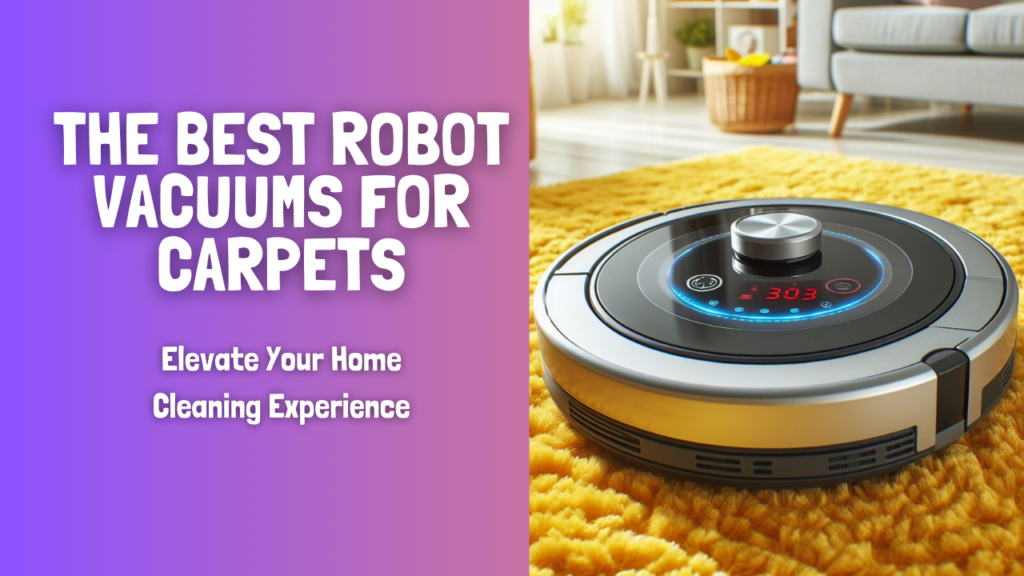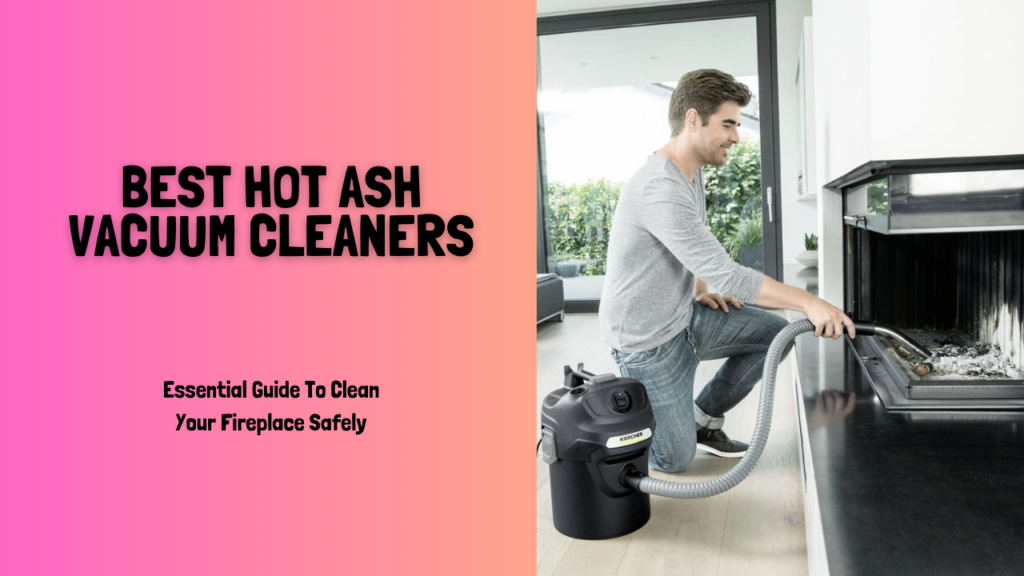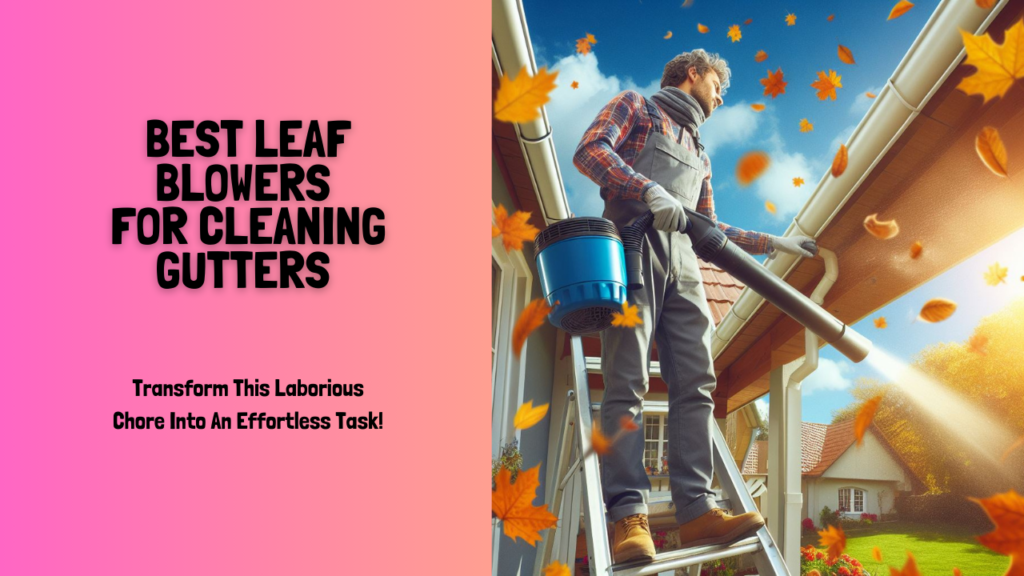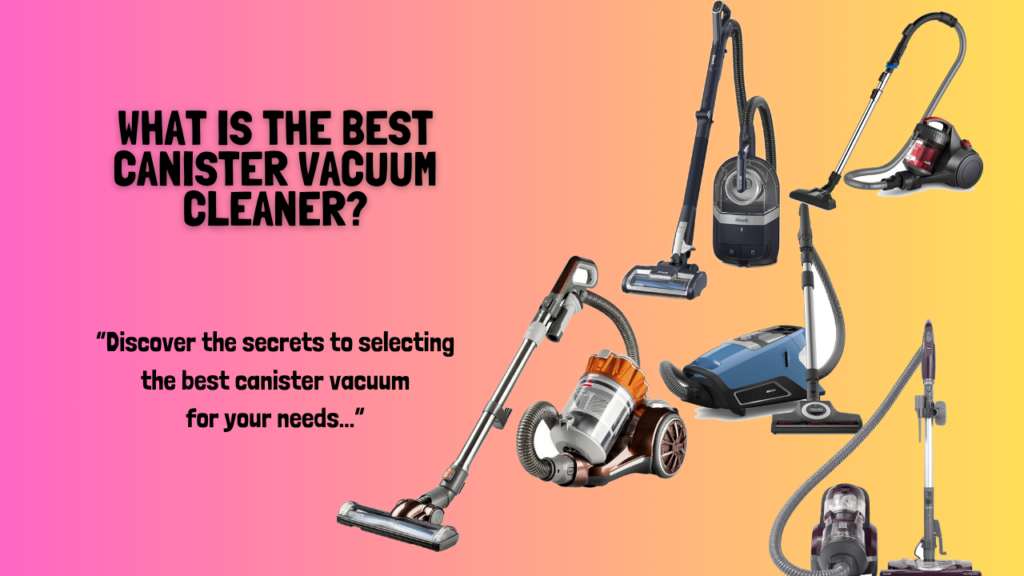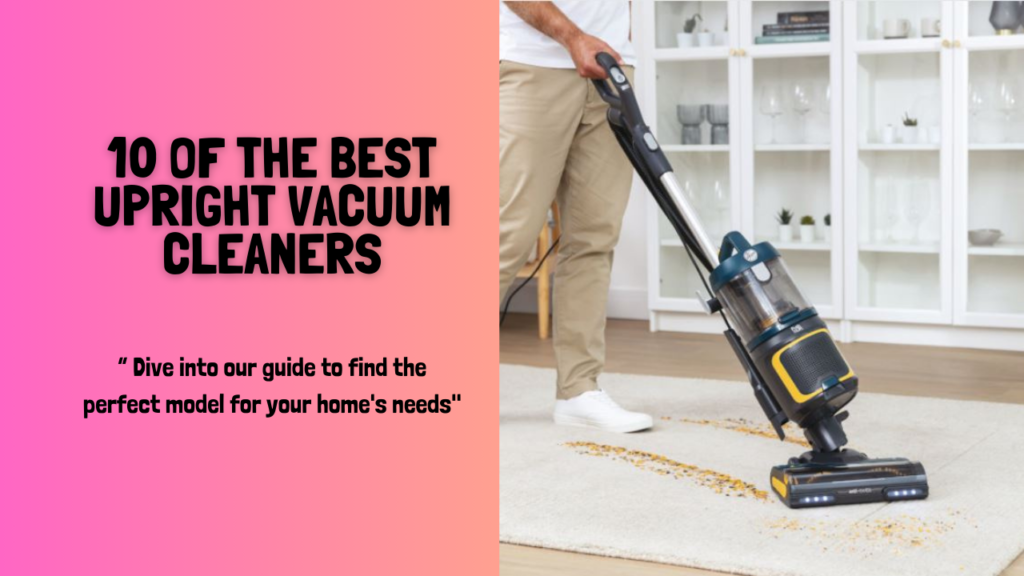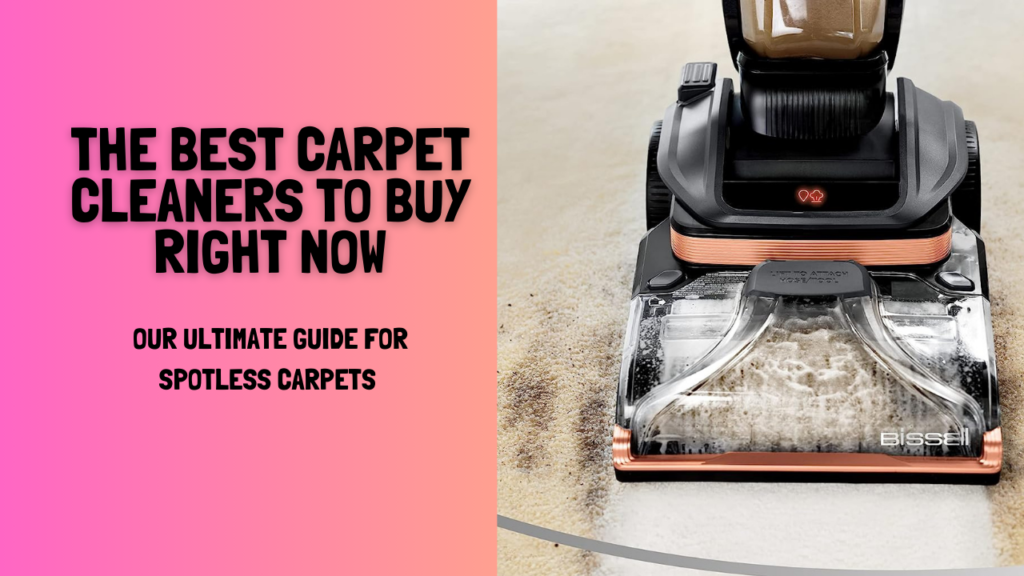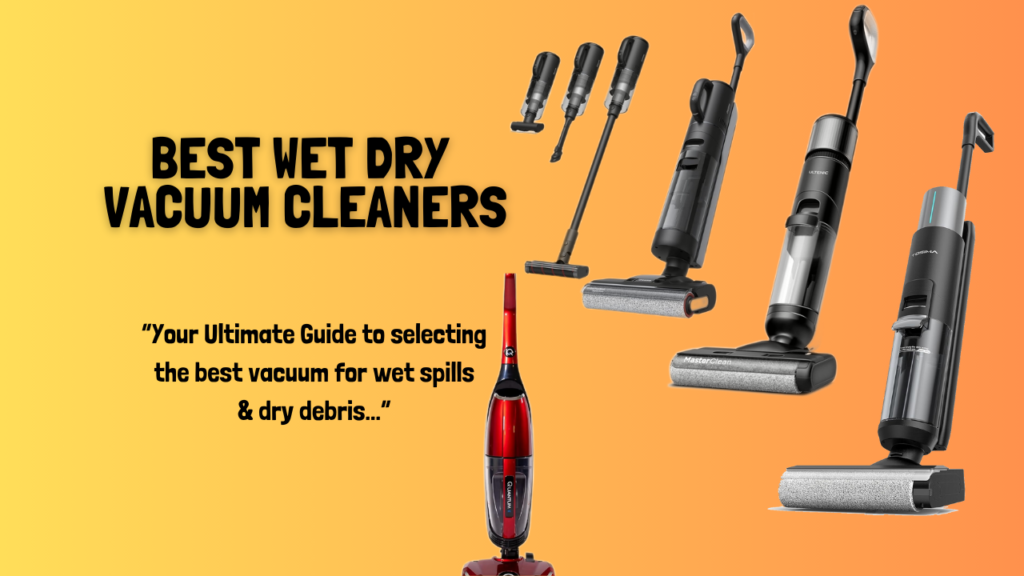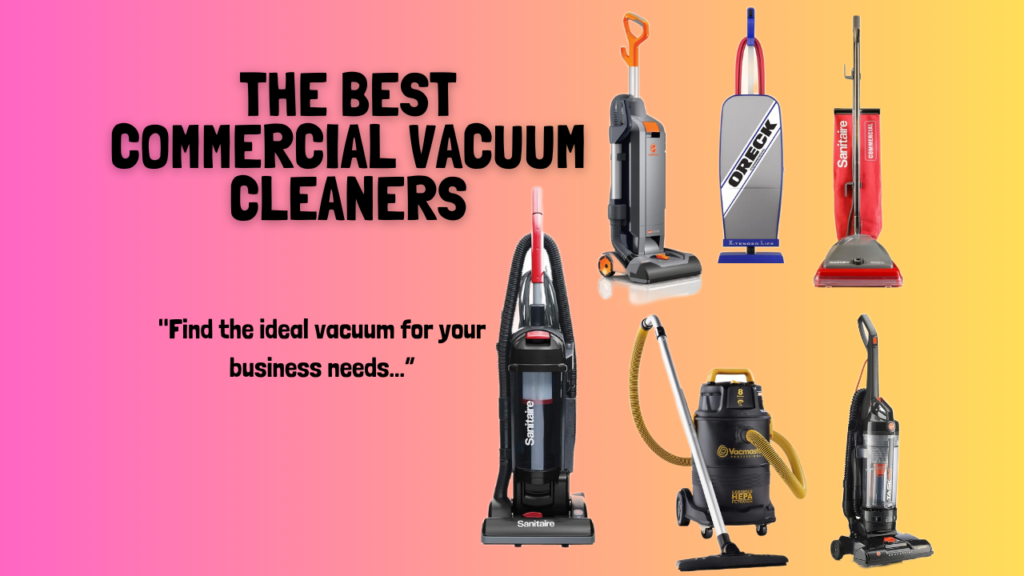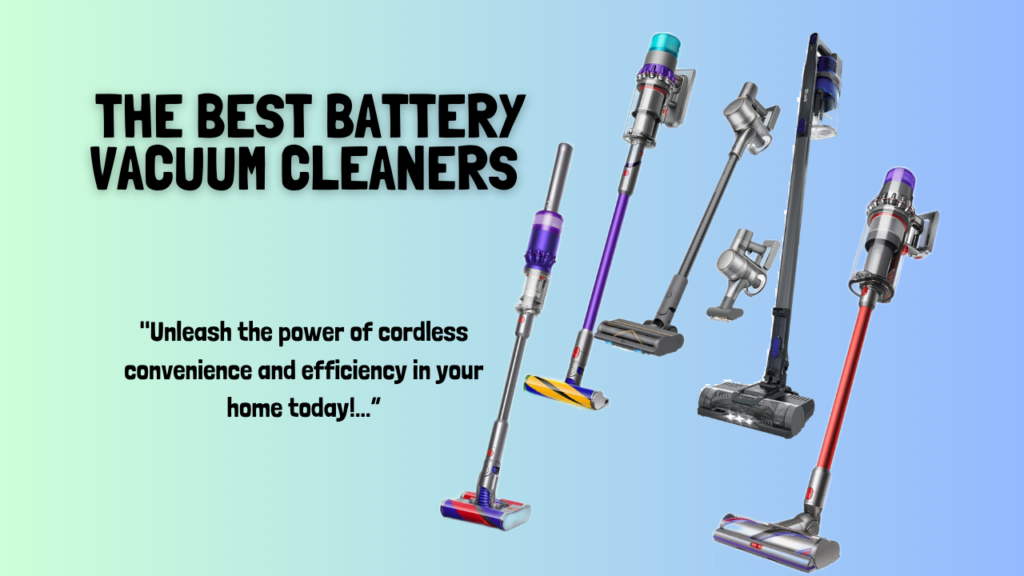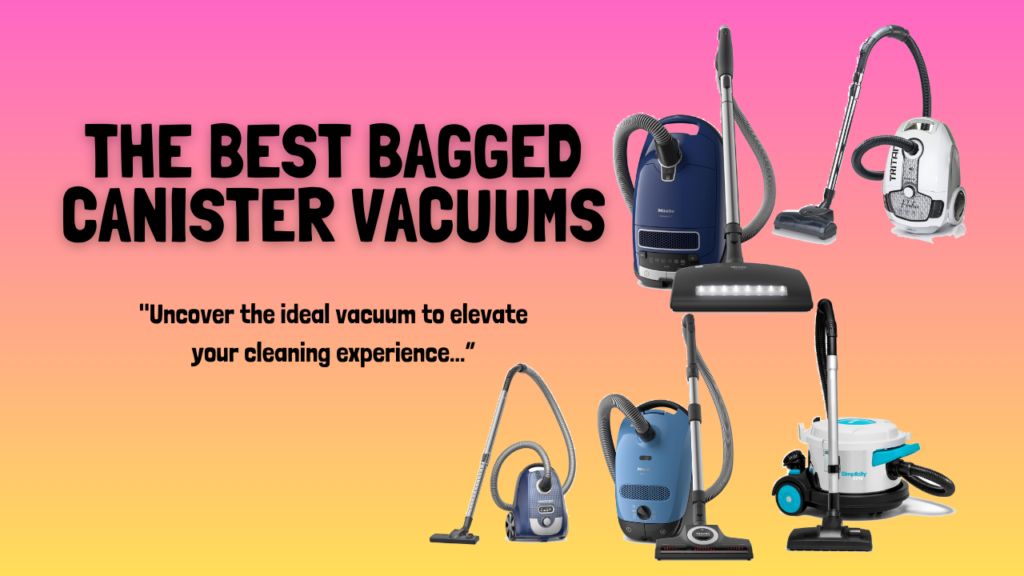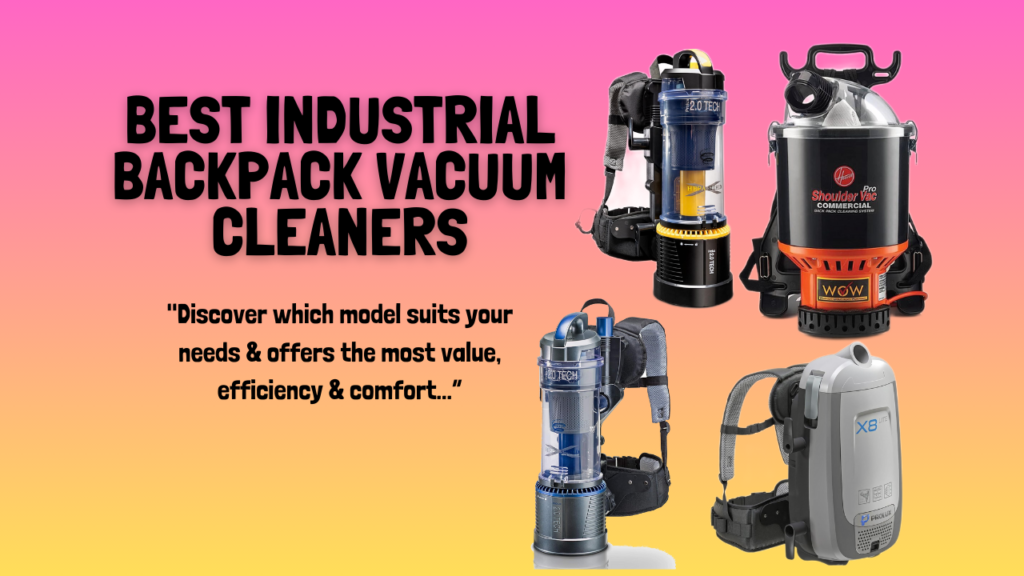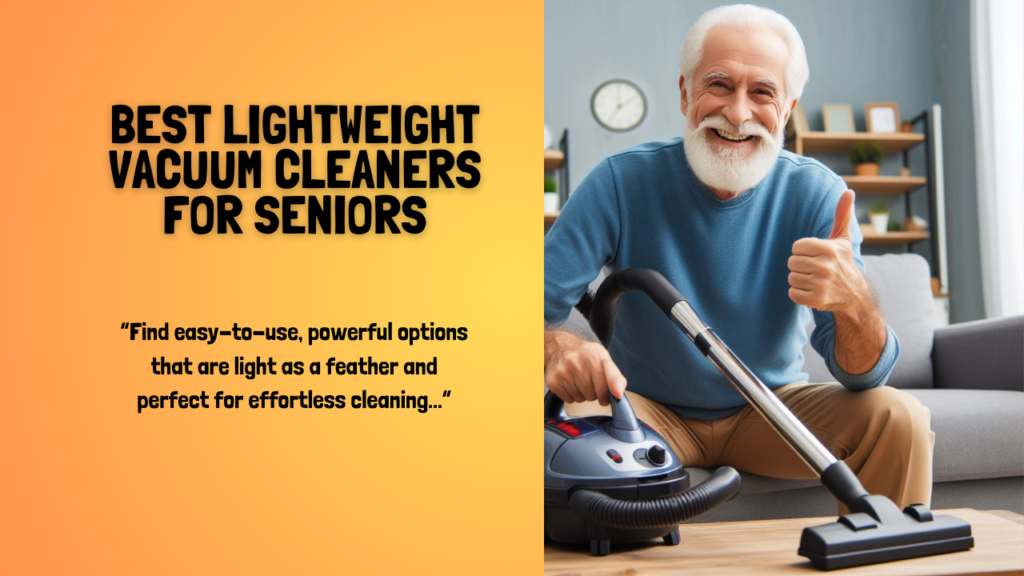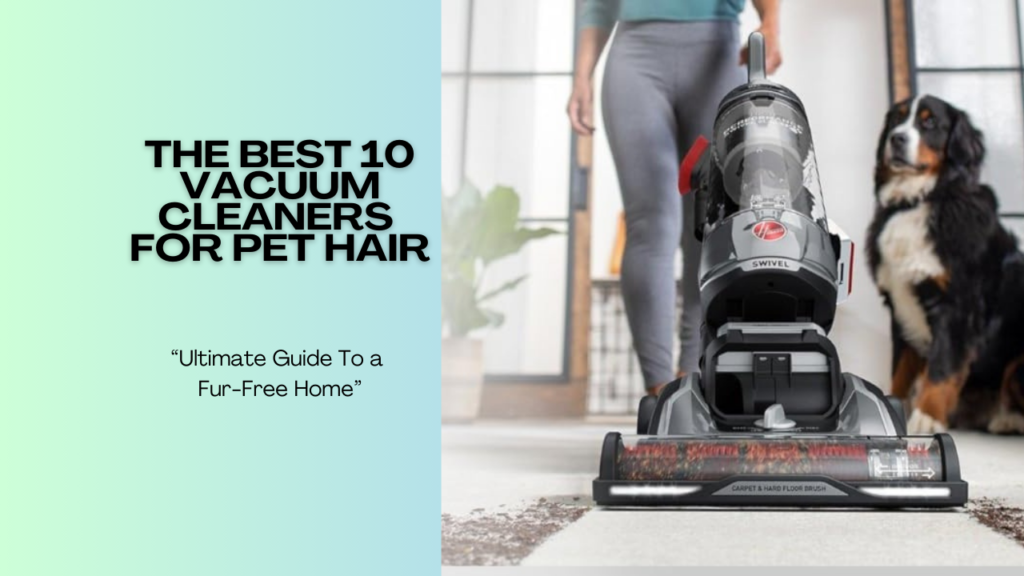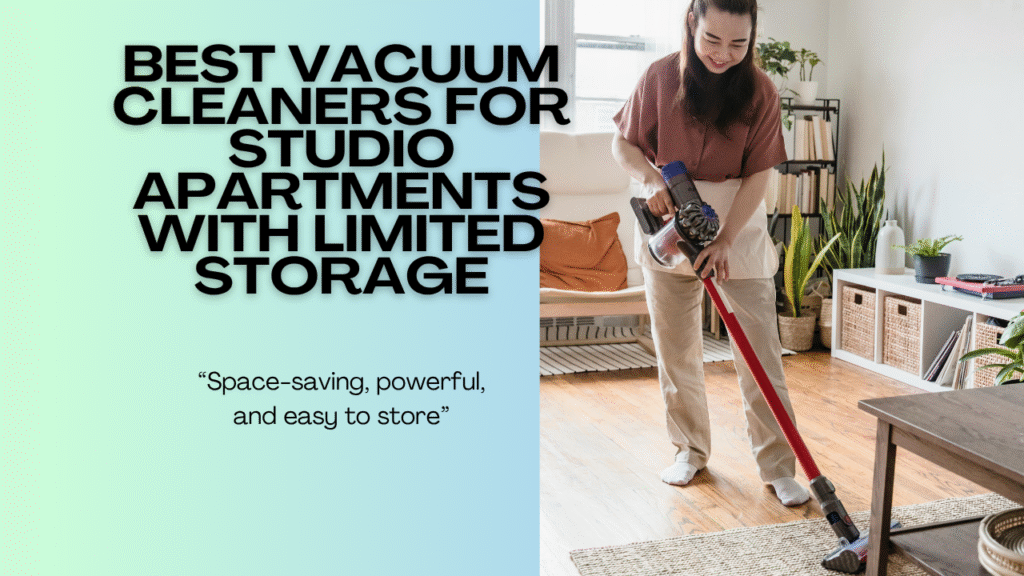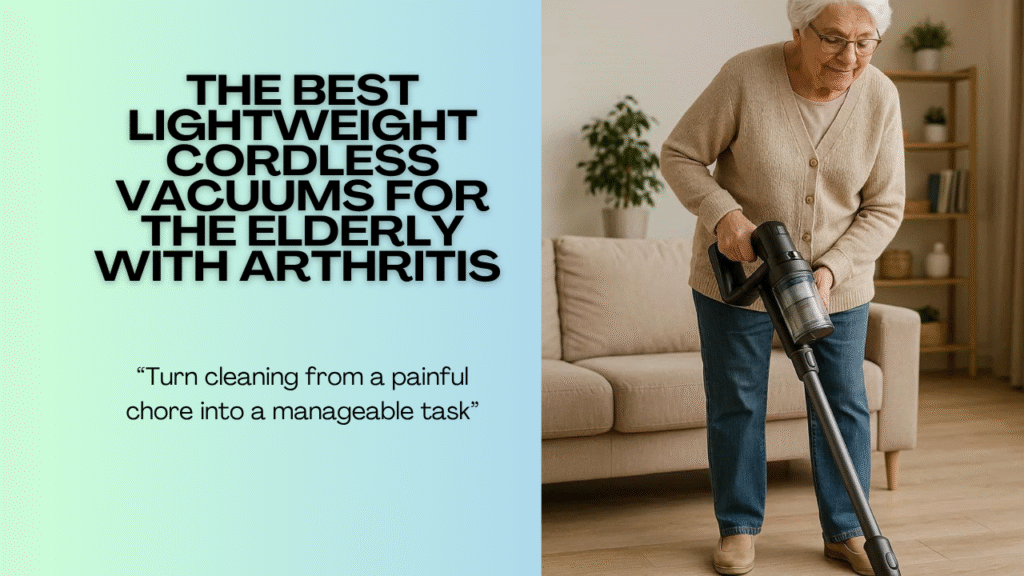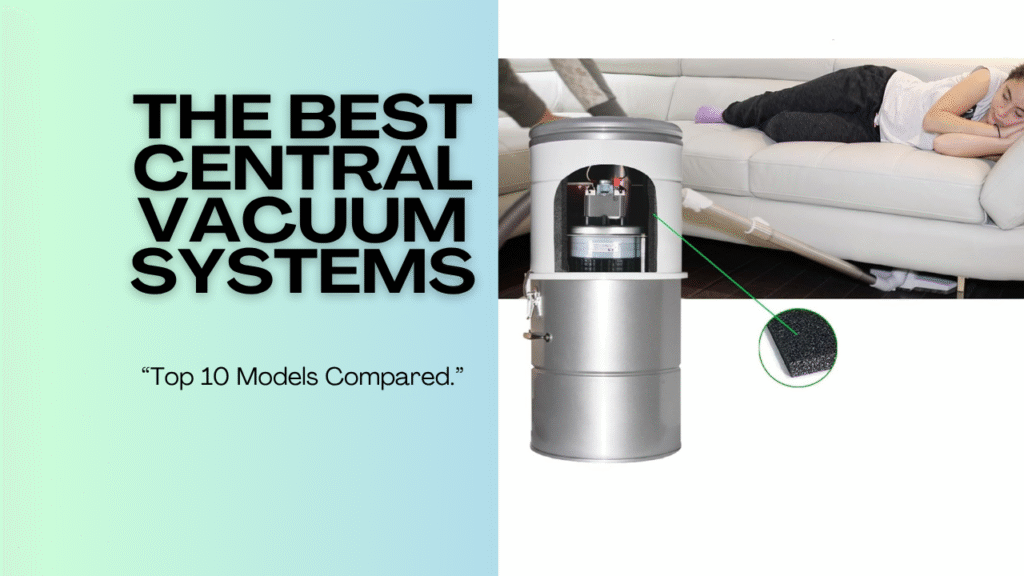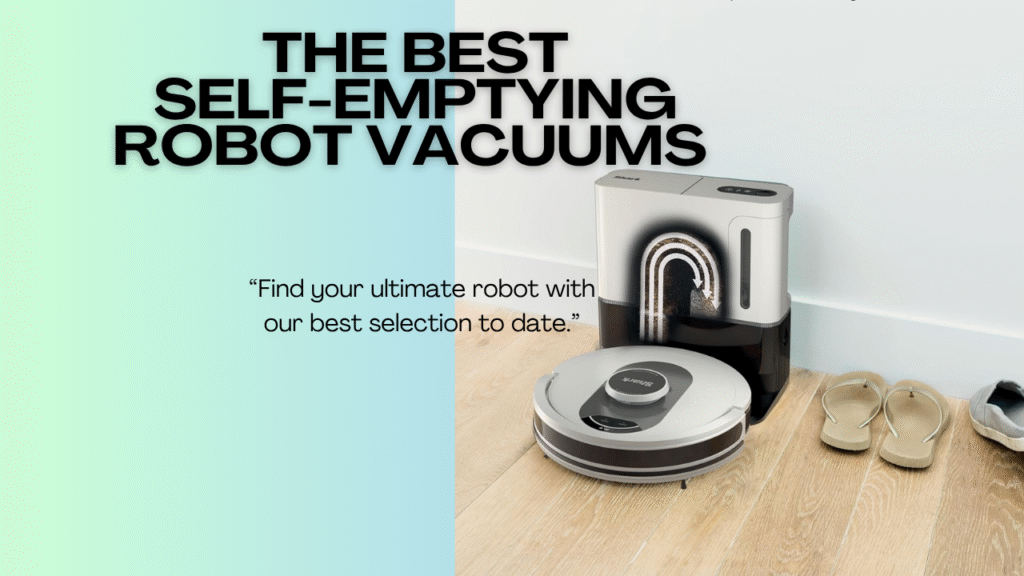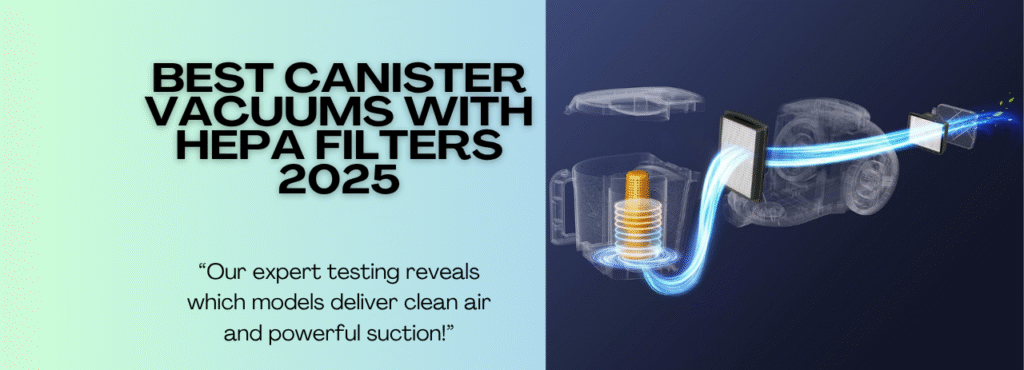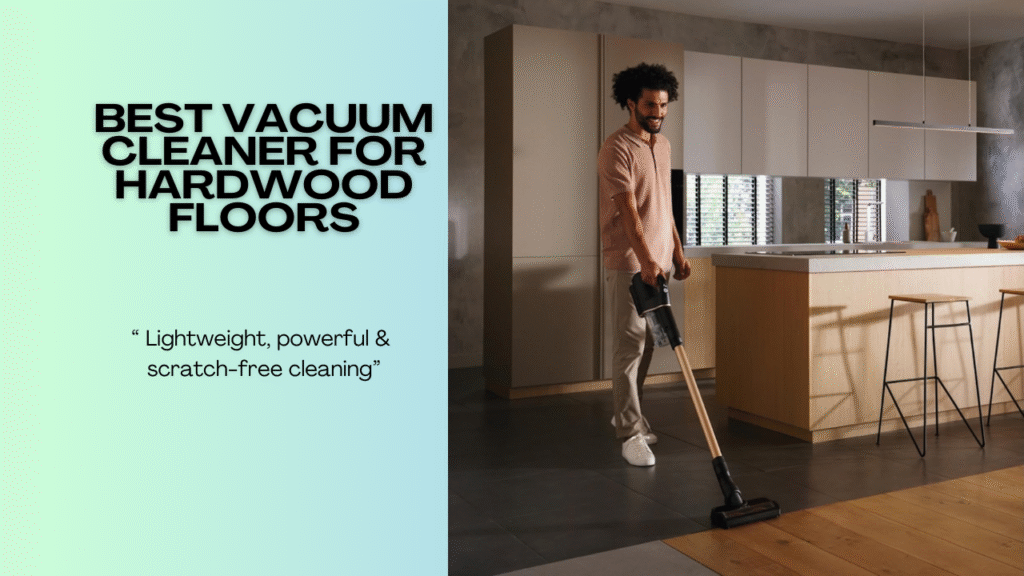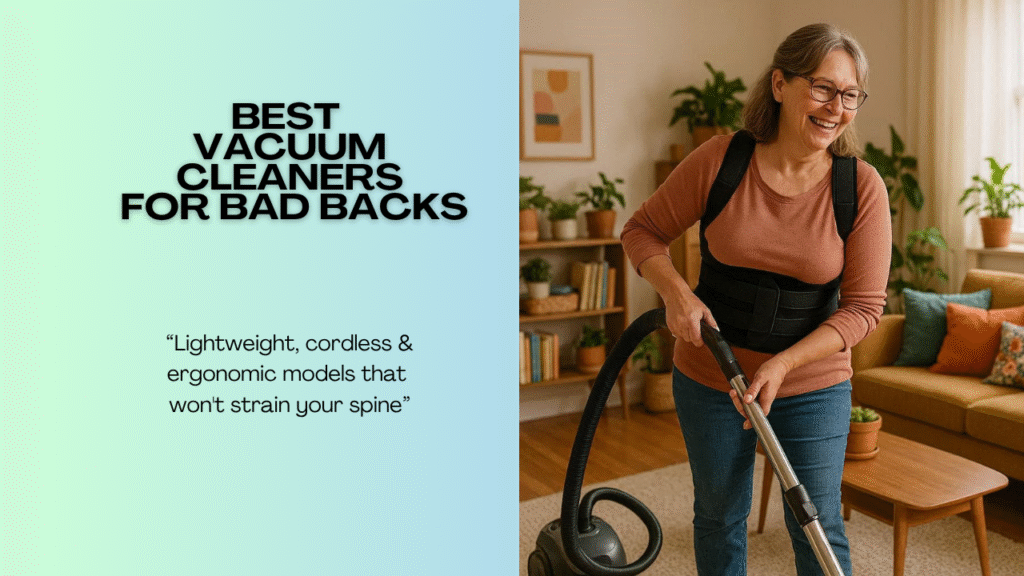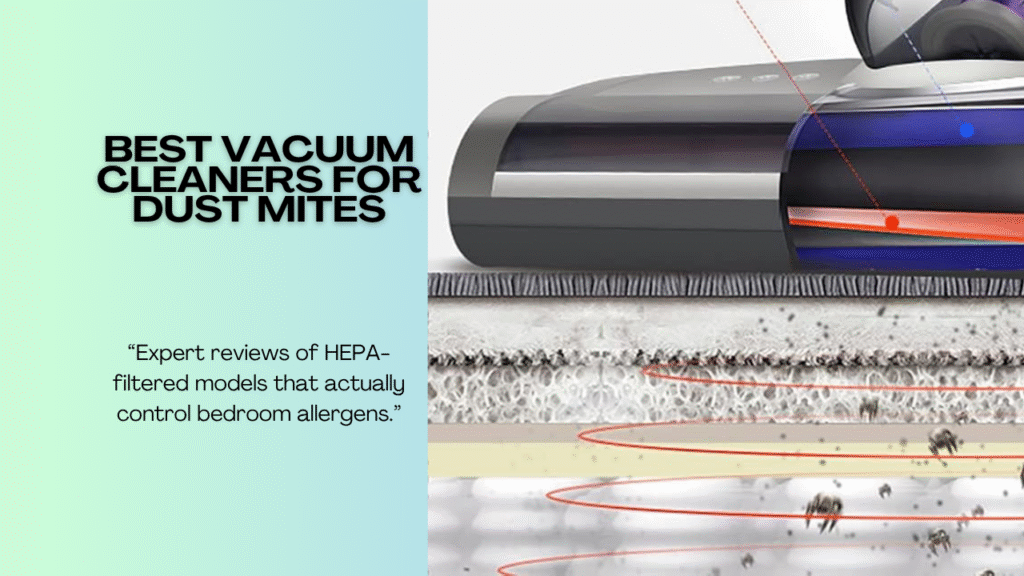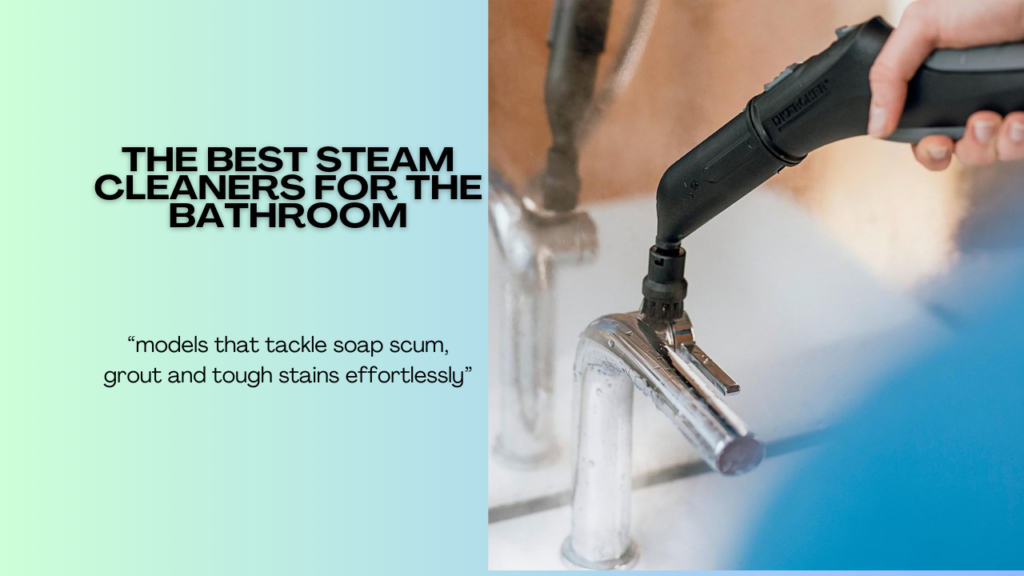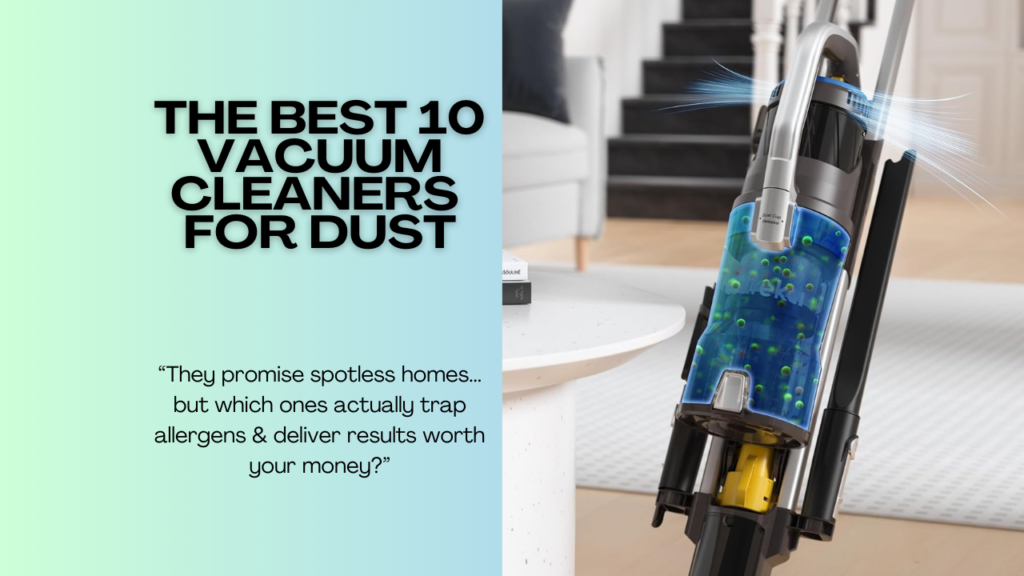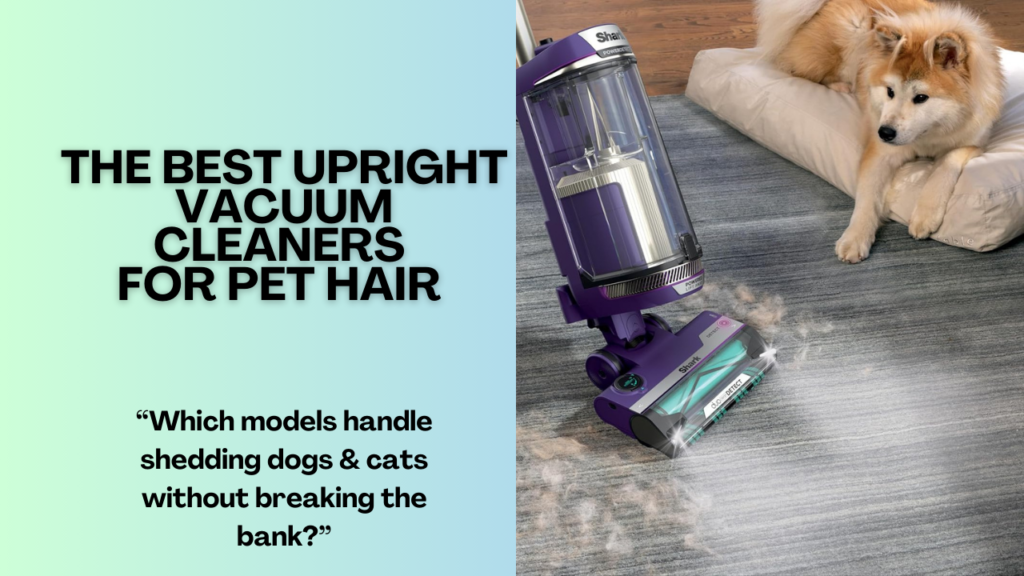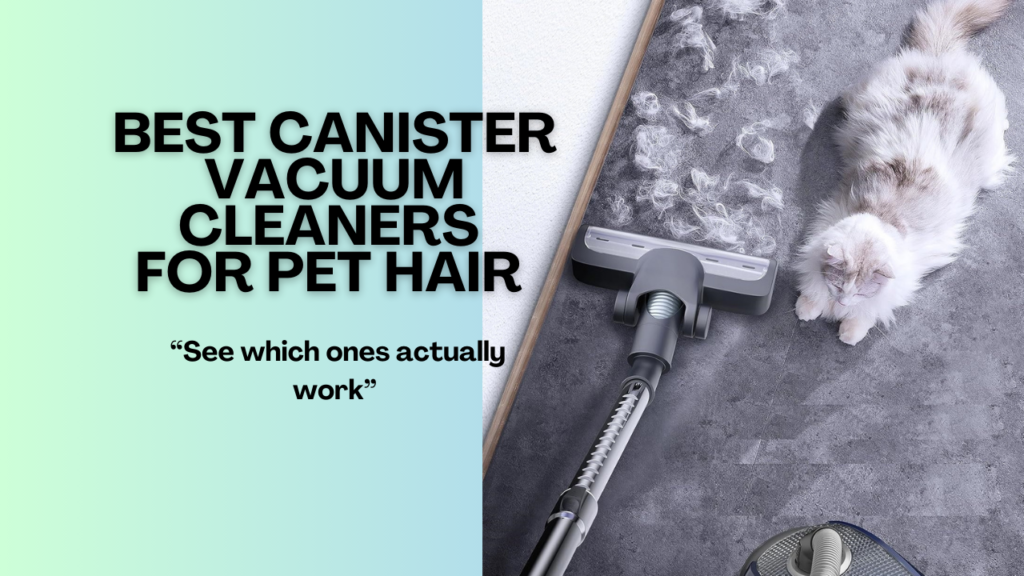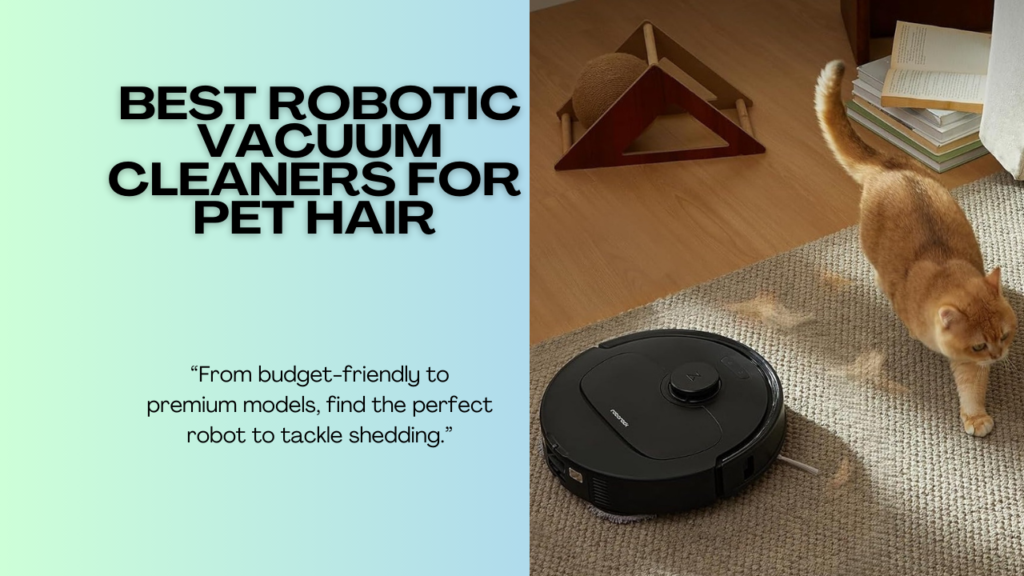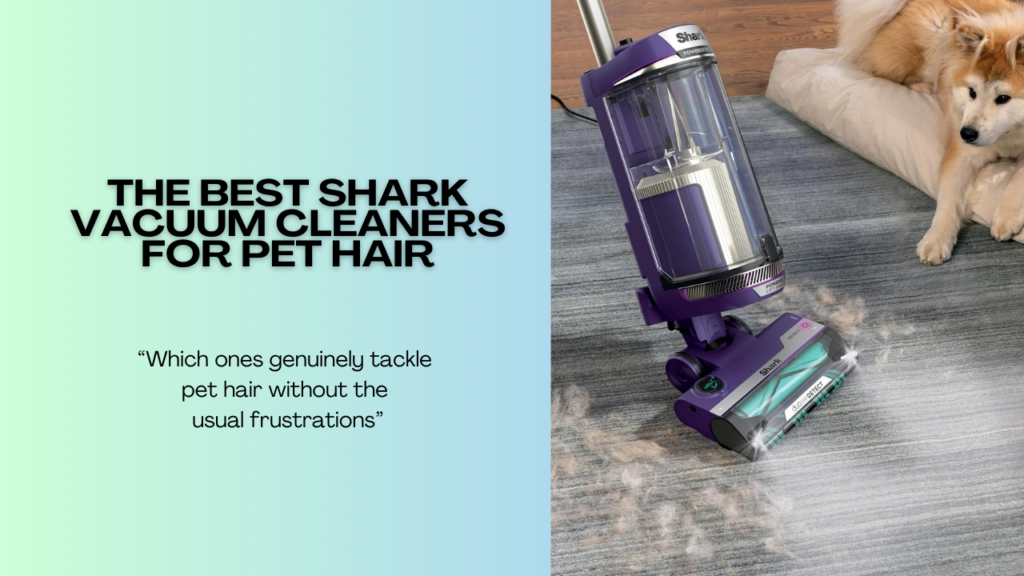Table of Contents
Cyclone Vacuum Cleaners
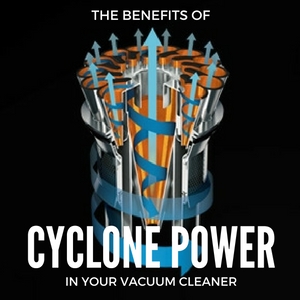 Most people that have purchased a vacuum cleaner would have come across the fancy term “cyclone technology” or “cyclonic suction”. Is it just a marketing gimmick to persuade customers to make a purchase?
Most people that have purchased a vacuum cleaner would have come across the fancy term “cyclone technology” or “cyclonic suction”. Is it just a marketing gimmick to persuade customers to make a purchase?
What does it mean and how does a cyclone system affect how a vacuum cleaner works? Let us find out below.
Conventional vacuum cleaners use a straight line of suction whereas one that uses cyclonic suction quickly pushes the air in a spiral pattern as it travels through the unit.
The swirling motion is made possible by pushing air into cylinders specifically designed to mimic the movement of a cyclone.
When air passes through the cylinders, the force caused by the spiral pushes dust and dirt away from the cyclone where it will be efficiently forced to the bottom of the dirt bin. To date, this is the most effective way to separate dirt from the air as it passes through the unit.
Many manufacturers have advanced the process by incorporating the use of multiple cyclones in modern vacuum cleaners. It means that your new vacuum cleaner will have powerful suction and can easily rid the air of allergens.
Benefits of Cyclone Power
Going for a model with cyclone technology has a number of benefits and performance enhancements.
![]() The biggest benefit of cyclone technology is that you will never lose suction whilst you vacuum clean your home.
The biggest benefit of cyclone technology is that you will never lose suction whilst you vacuum clean your home.
![]() The separation process caused by the cyclone effect makes sure that the more dirt and dust is collected in the bin rather than the filters, which will sustain the airflow required for powerful suction.
The separation process caused by the cyclone effect makes sure that the more dirt and dust is collected in the bin rather than the filters, which will sustain the airflow required for powerful suction.
![]()
Your vacuum cleaner sucks up dirt much better than a non-cyclone model and doesn’t require as much servicing. You will save on costs in the long term.
Let’s Talk Filters
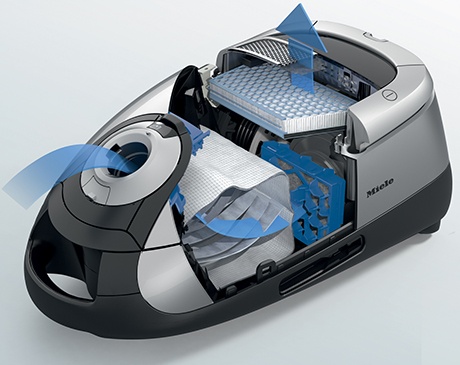 The filters in your vacuum cleaner are important because they determine the air quality in your home whilst you clean.
The filters in your vacuum cleaner are important because they determine the air quality in your home whilst you clean.
As your vacuum sucks in air through the hose, it passes through the filters which remove dust and allergens from the air before it’s pushed out via an outlet.
Filter systems are not created equal, it would be good if they were all of a high standard but they are not. The quality of the filters should be (and is) a major influence on the purchasing decision.
Personally I wouldn’t even glance twice at a model without a HEPA filter, which helps to minimise my hay fever allergy outbreaks around the house.
![]() Standard or Staged Filters
Standard or Staged Filters
This type of filter pushes air through a number of filters. Dirt and allergens are extracted from the air as it goes through the various levels. Most vacuum cleaners provide between three to seven levels of filtration.
Usually, standard budget vacuums come equipped with a four level filter. This level of filtration wouldn’t be enough for allergy sufferers or anyone with a respiratory condition that is affected by dust particles or poor air quality.
 Charcoal Filter
Charcoal Filter
Yes! this filter actually has a thin layer of charcoal. Turns out that charcoal is very effective at trapping bad smells. Vacuum cleaners with this type of filter are particularly good for anyone with dogs, cats or other pets in the house.

 HEPA Filter
HEPA Filter
A vacuum cleaner equipped with a HEPA filter is essential for anyone that’s susceptible to airborne allergens or respiratory problems. What’s does HEPA stand for? High Efficiency Particulate Air. It’s a fancy term which means the filter can catch very tiny particles 99.9% of the time.
The HEPA filter alone will not clean the air in your house, instead it acts as additional filtration to compliment the main filter by catching any allergens and irritants sucked up into the unit and traps them inside.
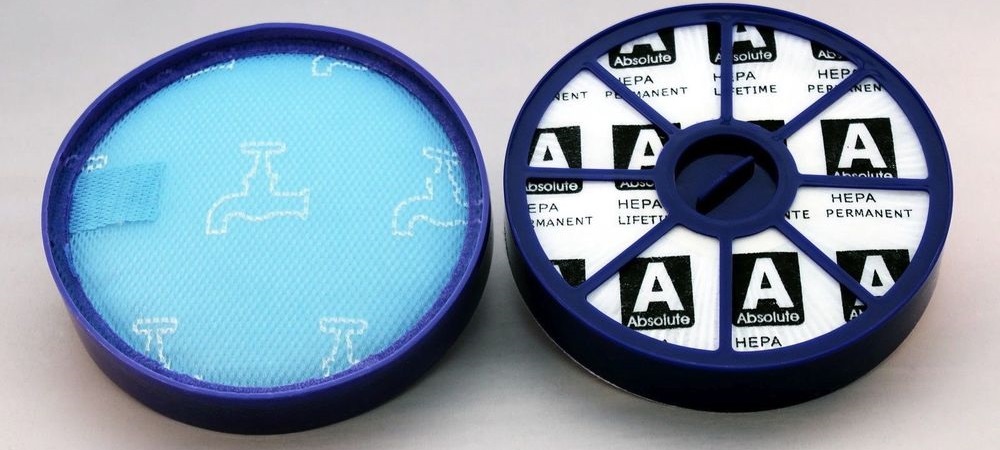
 Lifetime Filter
Lifetime Filter
It’s common that at some stage during the life of your vacuum you will need to change the filter. A worn out filter can weaken your machine’s suction power or even cause some parts in the machine to break. It’s not worth taking the risk!
Certain vacuum cleaners are equipped with top of the range lifetime filters that won’t require replacing throughout the expected life of your vacuum. The lifetime filter might need washing out every now and again, which is a much smaller task compared to replacing the whole filter.
Conclusion
That’s all you need to know about cyclones and filters. You can now search for your perfect vacuum cleaner without the confusion of trying to decide which filter is best or not knowing what all the jargon stands for. Buy with confidence and choose wisely because your vacuum cleaner will play a major role in the overall cleanliness of your home and the air quality inside it.
If you have any questions or enquiries don’t be shy, feel free to post your thoughts and suggestions in the comments box below. Thanks for reading.

